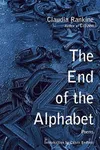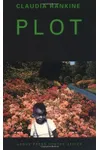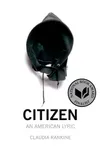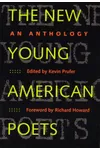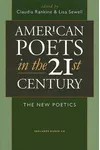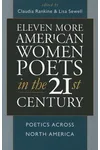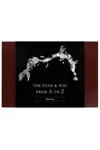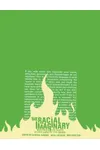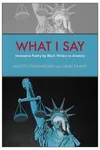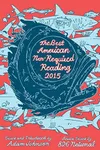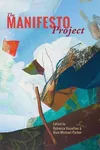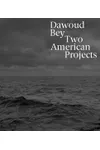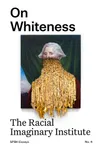Picture a Jamaican-born poet who turned everyday moments into a piercing lens on race and identity—meet Claudia Rankine! With her genre-defying work, like the bestselling Citizen: An American Lyric, Rankine has become a literary force, blending poetry, prose, and visuals to challenge how we see modern America. Her words don’t just sit on the page; they spark conversations and demand reflection.
Born in Kingston, Jamaica, in 1963, Rankine’s journey from a young immigrant to a celebrated voice in contemporary literature is as compelling as her work. Let’s dive into her story, from her roots to her revolutionary impact.
The Making of Claudia Rankine
At age seven, Claudia Rankine moved with her parents from Kingston to the Bronx, New York, where her father worked as a doctor and her mother as a nurse. Growing up in a new country, she found solace in poetry, memorizing Emily Dickinson’s work as a child. Inspired by poets like Adrienne Rich, Rankine pursued a BA in English at Williams College and an MFA in poetry at Columbia University. Her early career took her to teaching roles at institutions like Barnard and Pomona, where she began crafting her unique voice.
Rankine’s love for poetry wasn’t just about words—it was about confronting the world head-on. Influenced by the social commentary of Rich and the lyricism of Robert Hass, she started blending personal and political narratives, setting the stage for her groundbreaking career.
Claudia Rankine’s Unforgettable Works
Rankine’s writing defies easy labels, weaving poetry, essays, and visuals into what she calls ‘American Lyrics.’ Her debut, Nothing in Nature Is Private (1994), won the Cleveland State Poetry Prize with its raw, introspective verses. The End of the Alphabet (1998) followed, using fragmented syntax to explore grief and identity, while Plot (2001) tackled the complexities of pregnancy with cerebral and sensual depth.
Her 2004 work, Don’t Let Me Be Lonely: An American Lyric, marked a shift, blending poetry with media imagery to reflect on post-9/11 isolation and despair. But it was Citizen: An American Lyric (2014) that catapulted her to fame. A New York Times bestseller, it chronicles racial microaggressions— from overlooked slights to overt bias—using a second-person ‘you’ that implicates readers in the narrative. The book won the National Book Critics Circle Award and was a finalist for the National Book Award, praised for its visual and documentary style.
Rankine’s later works, like Just Us: An American Conversation (2020), continue her exploration of race through essays and poems, urging readers to confront whiteness and systemic bias. Her plays, such as The White Card (2018), extend these themes to the stage, making her a versatile storyteller across mediums.
Why Claudia Rankine Matters
Claudia Rankine’s impact goes beyond awards—she’s reshaped how we talk about race in America. By founding The Racial Imaginary Institute in 2016, she created a space for artists and thinkers to explore race through exhibitions, readings, and performances. Her work has inspired countless writers to tackle tough subjects with honesty and innovation, while her teaching at Yale University mentors the next generation of poets.
Rankine’s ability to blend the personal with the political makes her a vital voice in a divided world. Her words challenge readers to listen, reflect, and act, ensuring her legacy as a catalyst for change in literature and beyond.
- Born: January 1, 1963, Kingston, Jamaica
- Key Works: Citizen: An American Lyric, Don’t Let Me Be Lonely, Just Us
- Awards: MacArthur Fellowship (2016), National Book Critics Circle Award, PEN Open Book Award
- Notable Role: Founder of The Racial Imaginary Institute
Snag Citizen: An American Lyric and dive into Claudia Rankine’s fearless, genre-bending world! Her work isn’t just poetry—it’s a wake-up call you won’t forget.

